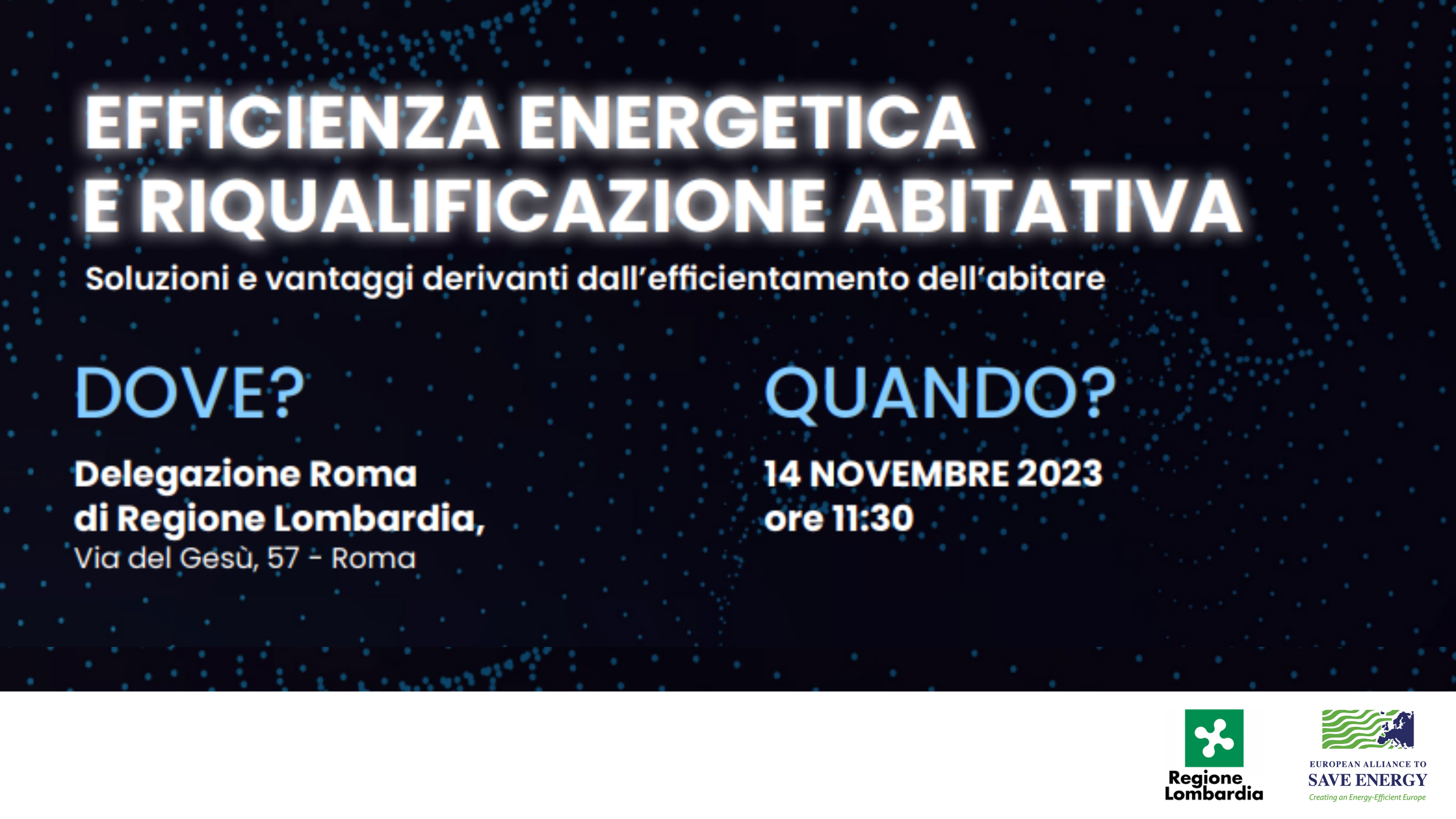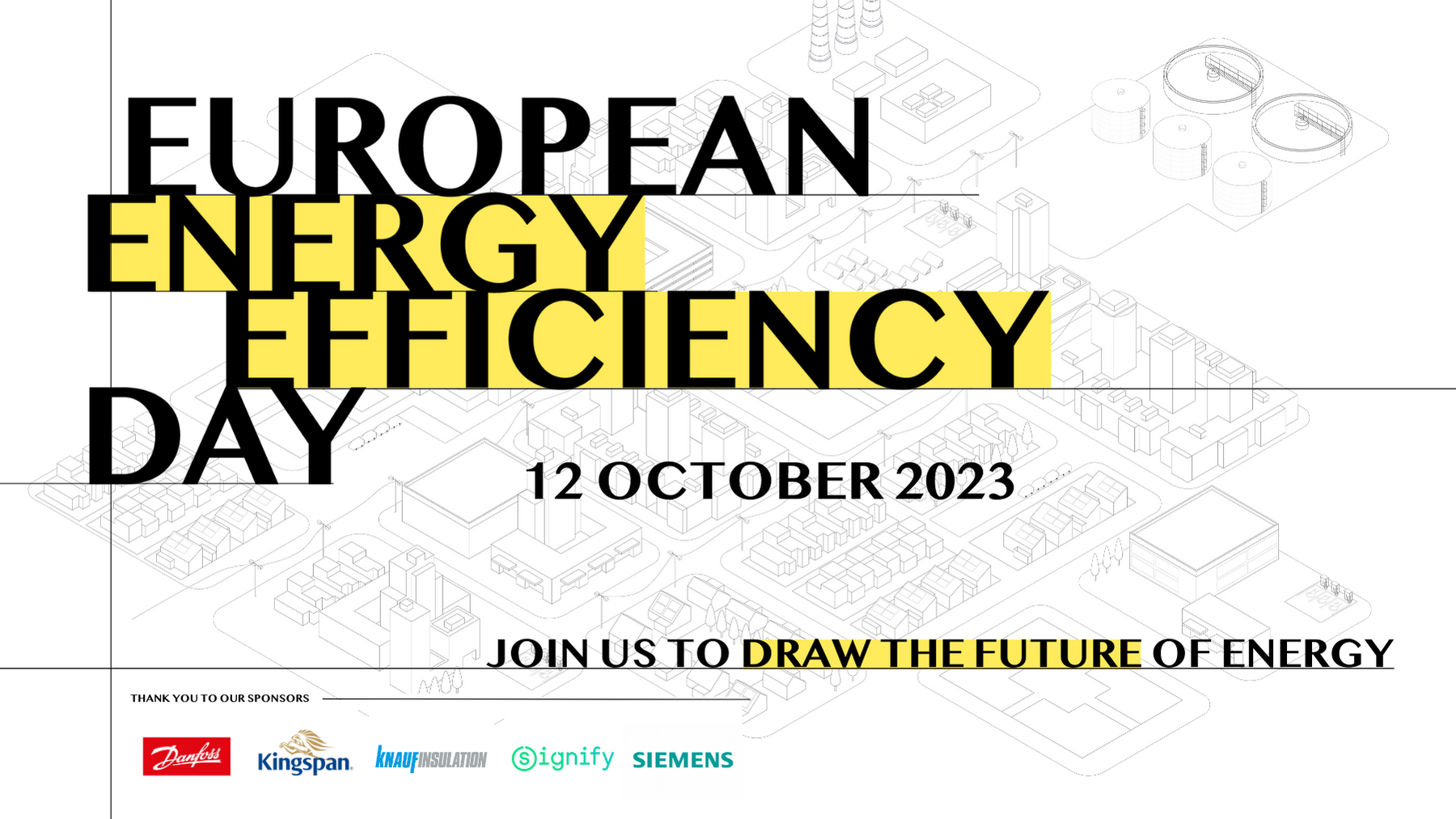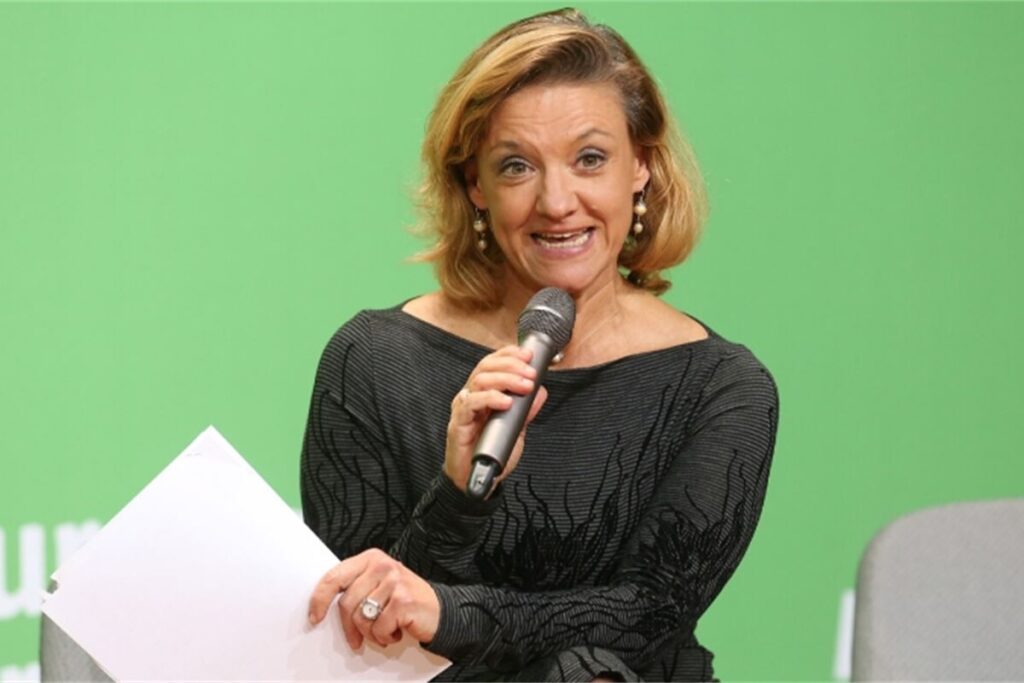EU-ASE President Monica Frassoni’s message ahead of the upcoming negotiations at #COP28
EU-ASE President Monica Frassoni speaks ahead of the upcoming negotiations at COP 28, beginning today, 30 November, running until 12 December 2023 in United Arab Emirates.
COP28 UAE will be a milestone moment when the world will take stock of its progress on the Paris Agreement. The first Global Stocktake (GST) will provide a comprehensive assessment of progress since adopting the Paris Agreement. This will help align the efforts on climate action, including measures that need to be put in place to bridge the gaps in progress.
EU-ASE President Monica Frassoni speaks ahead of these upcoming negotiations, emphasizing highlights the need to double energy efficiency and phase out fossil fuels:
“The EU has been in the forefront of the climate race and now we see that a mixture of political fatigue and a regaining of space of eco-skeptical narrative risks hampering the major business and social opportunity that an effective and just transition can bring.”
EU-ASE and its members will continue to give a positive contribution to the completion and full implementation of the Green Deal and notably of the Energy Efficiency Directive and the Energy Performance of Buildings Directive.
COP28, opening today in Dubai, is the right place to take actions towards a sustainable future!
Watch the full video here.







